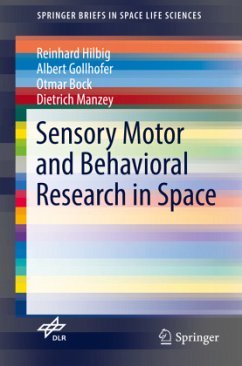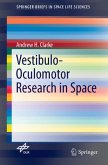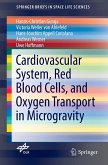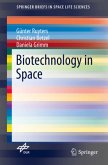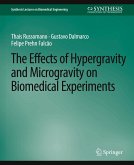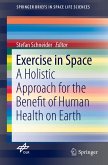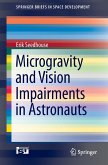This volume of the series SpringerBriefs in Space Life Sciences describes findings from space and accompanying ground research related to spatial orientation, posture and locomotion, cognition and psychomotor function.
The results are not only of importance to health and performance of astronauts during their space mission, but also impact people on Earth, especially in the ageing societies of the Western countries.
The space environment produces mismatches between sensory inputs from canal and otolith afferents which are difficult to study in humans, and are therefore studied in the fish model. Brain and vestibular organ of fish are analyzed under altered gravitational conditions; particularly weightlessness and structural failures as well as malfunctions in different inner ear components are investigated and discussed.
The book is aiming at students, engineers and scientists in space and aging research, as well as psychology, neurosciences and sensorymotor research.
The results are not only of importance to health and performance of astronauts during their space mission, but also impact people on Earth, especially in the ageing societies of the Western countries.
The space environment produces mismatches between sensory inputs from canal and otolith afferents which are difficult to study in humans, and are therefore studied in the fish model. Brain and vestibular organ of fish are analyzed under altered gravitational conditions; particularly weightlessness and structural failures as well as malfunctions in different inner ear components are investigated and discussed.
The book is aiming at students, engineers and scientists in space and aging research, as well as psychology, neurosciences and sensorymotor research.

